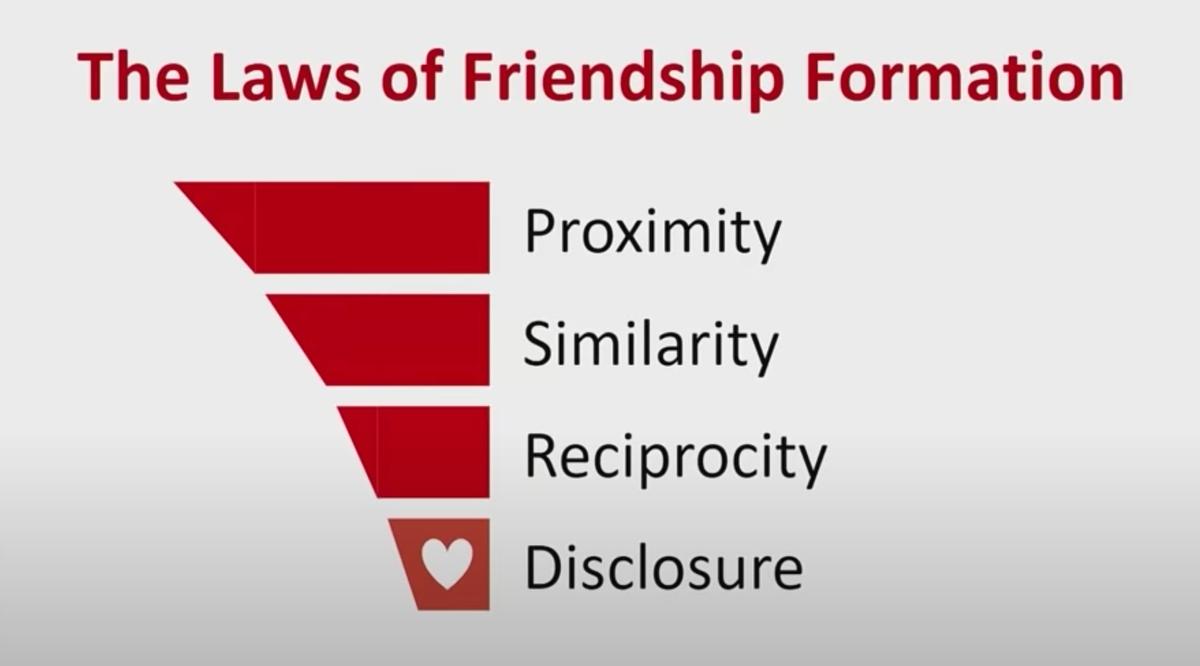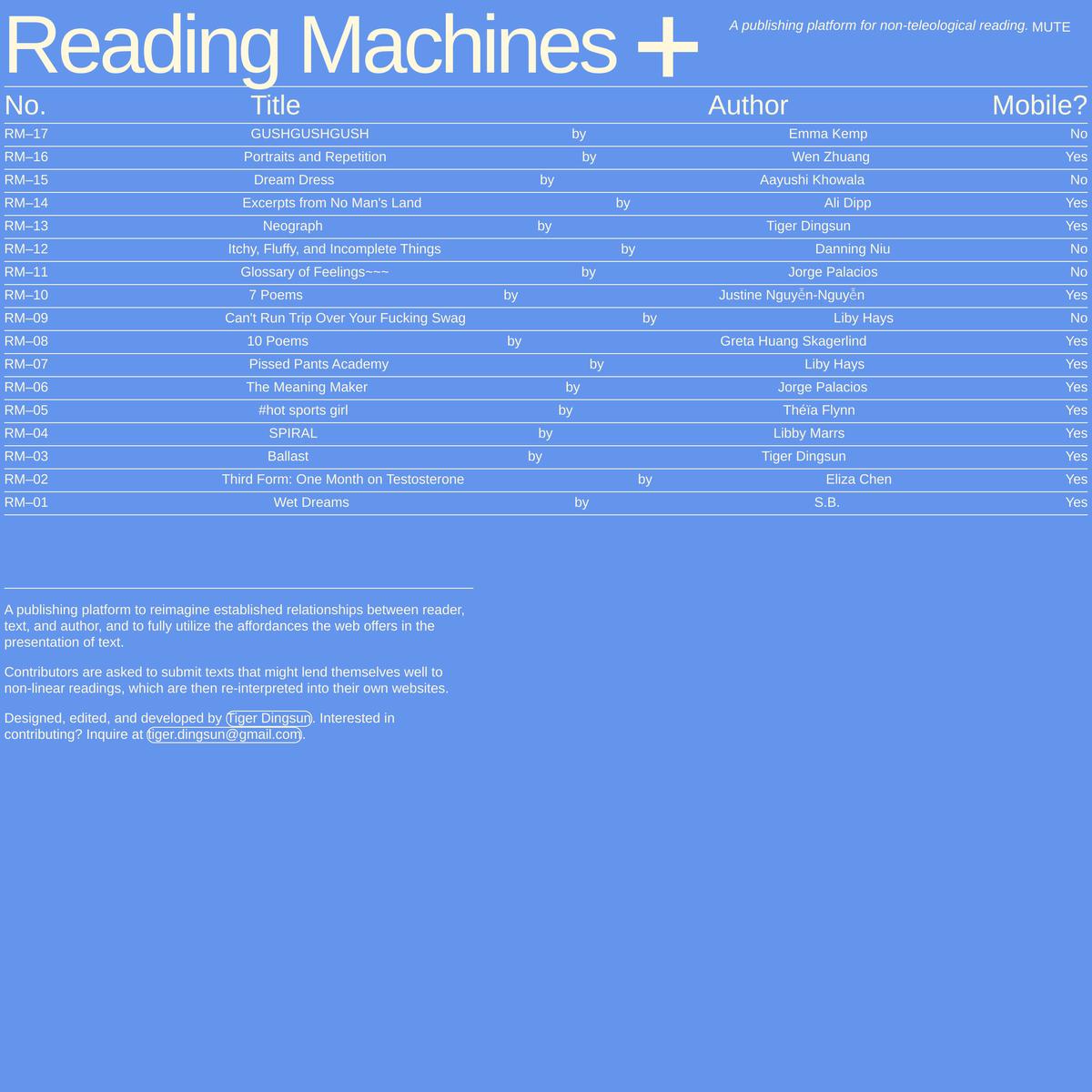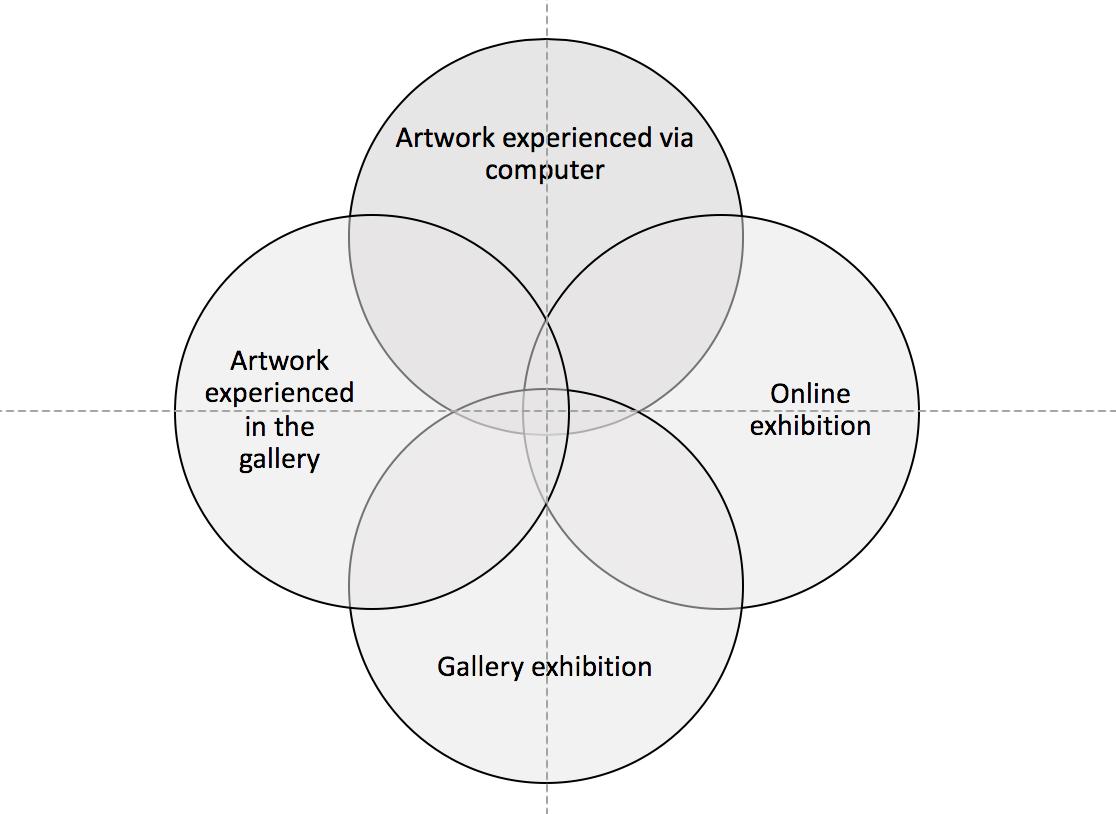syn·site
in simple terms: a complex concept that describes a place or experience that's made up of many different elements, interactions, or perspectives, all happening at the same time. It's not tied to a single physical location, but can span across different places, including virtual or digital spaces. It can be thought of as a web of interconnected experiences and ideas, constantly changing and evolving.
in simple terms: a complex concept that describes a place or experience that's made up of many different elements, interactions, or perspectives, all happening at the same time. It's not tied to a single physical location, but can span across different places, including virtual or digital spaces. It can be thought of as a web of interconnected experiences and ideas, constantly changing and evolving.
SYN (along with, at the same time | from Greek SYN, with | ~SYNTHETIC) + SITE (N: point of event, occupied space, internet address; V: to place in position | from Latin SITUS, location, idleness, forgetfulness | ~WEBSITE ¬cite ¬sight), cf. SITE/NON-SITE (from Robert Smithson, A PROVISIONAL THEORY OF NONSITES, 1968)



























...it is possible to assert that cyberspace is “just like” real space only if one ignores that cyberspace is peopled by real users who experience cyberspace and real space as different but connected, with acts taken in one having consequences in the other. In all cases, theories of cyberspace as separate space give short shrift to cyberspace as both extension and evolution of everyday spatial practice—as a space neither separate from real space nor simply a continuation of it. That is to say, they ignore both the embodied, situated experience of cyberspace users and the complex interplay between real and digital geographies.
...it is possible to assert that cyberspace is “just like” real space only if one ignores that cyberspace is peopled by real users who experience cyberspace and real space as different but connected, with acts taken in one having consequences in the other. In all cases, theories of cyberspace as separate space give short shrift to cyberspace as both extension and evolution of everyday spatial practice—as a space neither separate from real space nor simply a continuation of it. That is to say, they ignore both the embodied, situated experience of cyberspace users and the complex interplay between real and digital geographies.
...it is possible to assert that cyberspace is “just like” real space only if one ignores that cyberspace is peopled by real users who experience cyberspace and real space as different but connected, with acts taken in one having consequences in the other. In all cases, theories of cyberspace as separate space give short shrift to cyberspace as both extension and evolution of everyday spatial practice—as a space neither separate from real space nor simply a continuation of it. That is to say, they ignore both the embodied, situated experience of cyberspace users and the complex interplay between real and digital geographies.